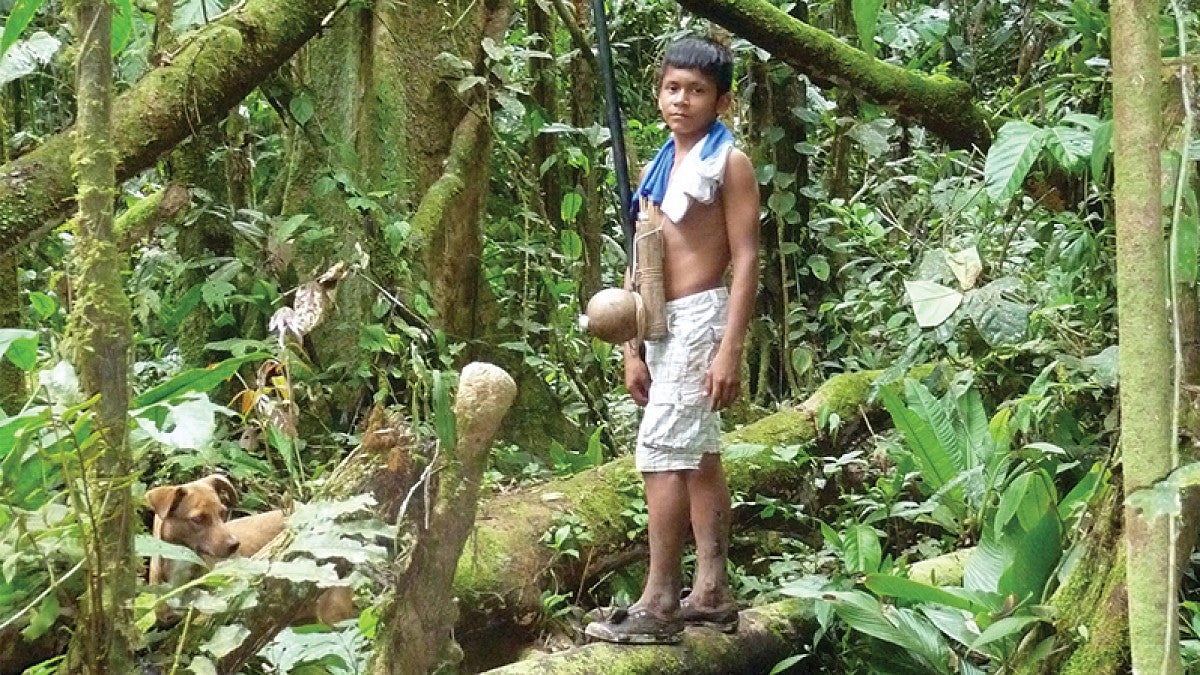University of Oregon biological anthropologist Josh Snodgrass was recently featured in an article from The Scientist for developing a way to test immune deficiencies in indigenous Ecuadorian children.
Previously, the only way test for immune antibodies was through commercially available test kits that required fragile vials of plasma that could not make it through the Amazon. However, Snodgrass and Hunter College postdoctoral researcher Sam Urlacher recently developed a test to make identifying important immune antibodies as simple as a prick of the finger.
Once the test had been created, data was collected from various Ecuadorian children.
“The groundwork for the trip had been laid over nearly a decade of careful relationship building by researchers including Snodgrass, his colleague Lawrence Sugiyama, and later Urlacher himself,” an article from The Scientist says.
The study discovered that children with higher immune system activity also showed signs of stunted growth and development. The data reveal details of the relationship between human immune development and childhood growth and development.
Snodgrass and Urlacher have been working closely with the communities to uncover important immune deficiencies and create solutions for healthier lifestyles.
“We’re trying to help understand what’s going on ... within the context of this changing society and making people aware of what’s going on,” Snodgrass said.
To read more about Snodgrass’ work, see “Amazonians Offer Clues to Human Childhood Development” In The Scientist.


